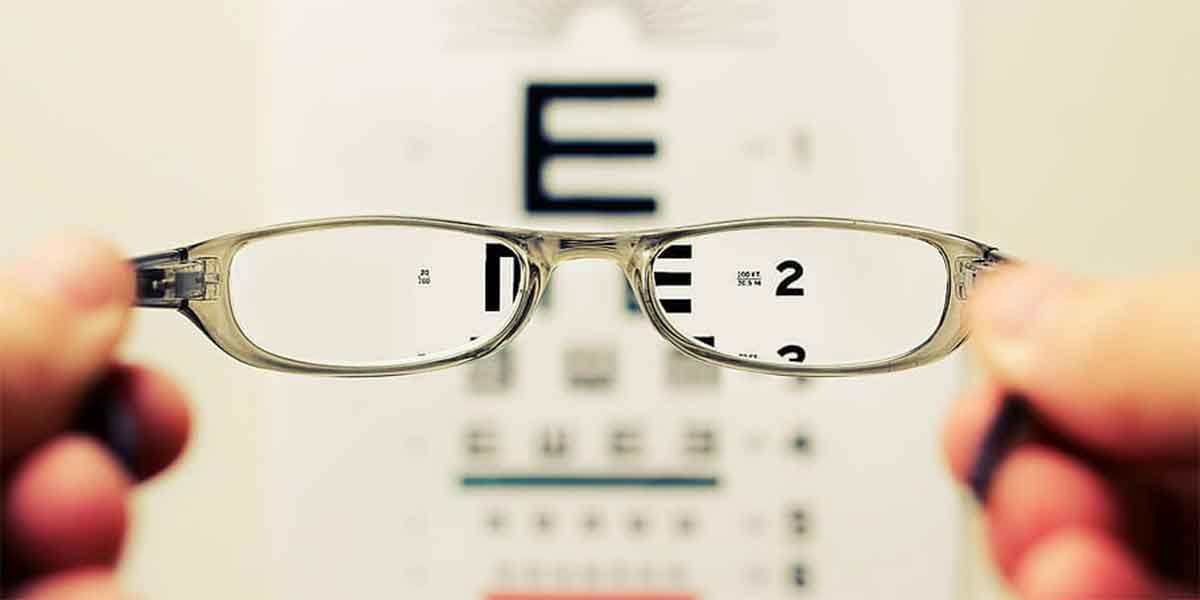When it comes to maintaining eye health, regular eye exams are essential. However, finding a reliable provider for a walk-in eye exam can be challenging. This article provides a critical look at what to consider when searching for walk-in eye exam services, tips for choosing the best options, and what to expect during your visit.
walk-in eye exam, eye health, optometrist, ophthalmologist, vision test, eye care tips, urgent eye care, choosing eye exam services
Why Walk-In Eye Exams Are Important
Convenience and Accessibility
Walk-in eye exams offer the convenience of receiving care without the need for an appointment, making them ideal for individuals with busy schedules or urgent eye concerns. They provide accessible eye care for those who may not have a regular eye doctor or need immediate attention.
Early Detection of Eye Conditions
Regular eye exams are crucial for detecting eye conditions early, allowing for timely treatment and prevention of vision loss. Walk-in exams can identify issues such as glaucoma, cataracts, macular degeneration, and diabetic retinopathy.

Updating Prescriptions
For those who wear glasses or contact lenses, walk-in eye exams can ensure that their prescription is up-to-date, providing clear and comfortable vision.
Critical Considerations When Choosing a Walk-In Eye Exams Service
Professional Credentials
Qualified Eye Care Professionals
Ensure that the walk-in clinic employs qualified eye care professionals:
- Optometrists (OD): Primary eye care providers who perform eye exams, prescribe corrective lenses, and diagnose common eye conditions.
- Ophthalmologists (MD or DO): Medical doctors who specialize in eye and vision care, capable of performing eye surgery and treating complex eye diseases.

Licensure and Certification
Verify that the eye care professionals are licensed to practice in your region and hold relevant certifications. Membership in professional organizations such as the European Council of Optometry and Optics (ECOO) or the General Optical Council (GOC) in the UK can indicate a commitment to high standards of care.
Comprehensive Services
Range of Exams Offered
A reputable walk-in clinic should offer a variety of eye exams and services, including:
- Comprehensive Eye Exams: Assess overall eye health and vision.
- Vision Tests: Determine the need for corrective lenses and diagnose refractive errors.
- Disease Screening: Detect conditions such as glaucoma, cataracts, macular degeneration, and diabetic retinopathy.
- Contact Lens Fittings: Proper fitting and evaluation for contact lens wearers.

Advanced Technology
Look for clinics equipped with modern technology for accurate diagnosis and treatment:
- Digital Retinal Imaging: Provides high-resolution images of the retina to detect eye diseases.
- Optical Coherence Tomography (OCT): Offers detailed views of the retina’s layers to diagnose conditions like glaucoma and macular degeneration.
- Visual Field Testing: Evaluates peripheral vision and detects glaucoma.
User Reviews and Recommendations
Online Reviews
Check online reviews on platforms such as Google, Yelp, and Trustpilot to gauge the experiences of other patients. Look for consistent patterns in feedback, focusing on aspects such as wait times, professionalism, and quality of care.
Personal Recommendations
Ask friends, family, and colleagues for recommendations. Personal experiences can provide valuable insights into the reliability and quality of walk-in eye exam services.
Convenience and Accessibility
Location and Hours
Choose a clinic that is conveniently located and has flexible hours to accommodate your schedule. Consider facilities that offer extended hours or weekend availability for added convenience.
Insurance and Payment Options
Ensure that the clinic accepts your insurance plan and offers transparent pricing for services. Some clinics also provide financing options for costly procedures, making eye care more accessible.
Tips and Tricks for a Successful Walk-In Eye Exams
Preparing for Your Exam
Gather Medical History
Bring a detailed medical history, including any previous eye conditions, surgeries, and current medications. This information can help the eye care professional assess your eye health more accurately.
Bring Your Current Prescription
If you wear glasses or contact lenses, bring your current prescription and any previous eye exam records. This can assist in determining if there have been any changes in your vision.
During the Exam
Ask Questions
Don’t hesitate to ask questions during your exam. Inquire about the tests being performed, the results, and any recommended treatments or follow-up care. Understanding your eye health is crucial for maintaining good vision.
Discuss Symptoms
Be open about any symptoms or concerns you have, even if they seem minor. Symptoms such as dry eyes, headaches, or changes in vision can provide important clues about your eye health.
After the Exam
Follow Recommendations
Follow the eye care professional’s recommendations for treatments, follow-up appointments, or lifestyle changes. Adhering to their advice can help manage or prevent eye conditions.
Schedule Regular Check-Ups
Even if your walk-in exam results are normal, schedule regular eye exams to monitor your vision and eye health. Regular check-ups are essential for early detection and treatment of eye conditions.
What to Expect During a Walk-In Eye Exams
Initial Assessment
Your exam will typically begin with an initial assessment, where the eye care professional will review your medical history and discuss any current symptoms or concerns.
Vision Tests
The exam will include a series of vision tests to assess your visual acuity, determine your prescription, and check for refractive errors such as myopia, hyperopia, and astigmatism.

Eye Health Evaluation
The eye care professional will evaluate your overall eye health, looking for signs of conditions such as glaucoma, cataracts, and macular degeneration. This may involve dilating your pupils to get a better view of the retina.
Additional Tests
Depending on your symptoms and medical history, additional tests may be performed, such as visual field testing, retinal imaging, or OCT. These tests provide detailed information about your eye health and help diagnose specific conditions.
Conclusion
Finding a reliable provider for a walk-in eye exam is crucial for maintaining good eye health and receiving timely care. By considering professional credentials, comprehensive services, user reviews, and convenience, you can make an informed decision and choose a clinic that meets your needs. Preparing for your exam, asking questions, and following recommendations can ensure a successful visit and help maintain your vision health.
For more information on finding reputable walk-in eye exam services, visit the European Council of Optometry and Optics (ECOO).
Explore user reviews and ratings on platforms like Trustpilot.
Learn about proper eye care and health from the General Optical Council (GOC).

